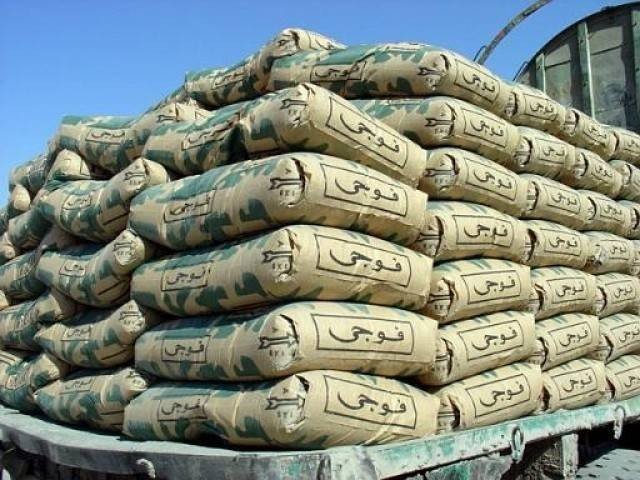As cement production is a significant source of global carbon dioxide (CO2) emissions the control over the carbon emissions has been an issue for the construction industry.
In Pakistan the cement companies are also trying to control the emission. While taking the lead role Fauji Cement Company, has taken a number of steps to control the emission while managing its impacts on health, safety & environment of the country.
As per official sources, the FCCL remains committed to contribute to the global cause of Environment sustainability by reducing the emissions of greenhouse gasses (CO2) during its operations, improving its renewable energy portfolio and massive tree plantation campaigns.
For reducing the CO2 emissions, the FCCL has made investment on renewable energy (Solar Power Plants). The Company is the pioneer of renewable energy in the Cement sector of Pakistan and has installed the first biggest Captive Solar Power Plant in 2019. Furthermore, Fauji Cement also plans to install solar power plants at Wah and Nizampur plants which would increase its capacity to 40.1 MW and generate 60,180 MWH/year.
The power generated through solar power plants will reduce approx. 31,522 tons of CO2 per year.
Apart from the solar power plants FCCL has also worked on another renewable energy, the Waste Heat Recovery Power Plants (WHRPPs). The company has four WHRPPs with a total installed capacity of 40.5 MW in all three plants and generated 146,947 MWH during FY 2021-22.
This technology does not consume fossil fuel and thus reduces CO2 emissions by 79,351 tons per year at all three plants.
Besides, the FCCL has also made remarkable achievements on substitution of fossil fuel with alternate fuel. The company has substituted overall 05% of fossil fuel with alternate fuel during financial year 21-22 which has resulted in reduction of 8,028 tons of CO2 and efforts are going on to increase the percentage of substitution.
Another achievement on the part of FCCL in line with environment friendly products, is also the introduction of green cement. In Pakistan, Fauji Cement has introduced green products (Pamir and Askari Green) which contain cementitious material and less clinker than ordinary Portland cement and therefore played a vital role in the reduction of CO2 emissions by 89,875 tons during FY 2021-22 at all three plants.
As per the company, apart from the transformation in cement plants, the FCCL has planted more than 100,000 trees and distributed more than 150,000 plants in local villages and government schools, offices to encourage tree plantation at all three plants. These tree plantation drives will reduce approx. 6000 tons of CO2 per year.
It may be recalled here that carbon emissions have emerged as an alarming and complex issue causing a long-lasting debate over climate change in the construction, building, and industrial sectors. There is tremendous growth in the construction and building industry, especially in low-middle-income developing countries, that involves rising production and consumption of cement and energy. As such, a growing amount of carbon emissions is becoming a serious challenge for developing economies.
























